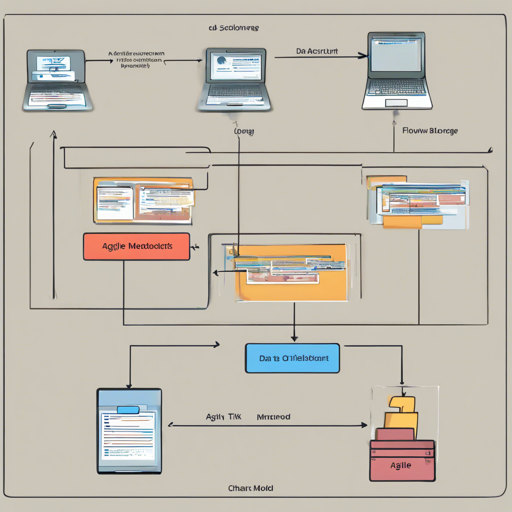Welcome to the world of Agile Toolkit (ATK) Data! ATK Data provides a low-code framework in PHP designed to abstract your data models efficiently. This guide will take you through the essentials of setting up and using ATK Data, from installation to advanced features, while ensuring ease of use.
What is ATK Data?
ATK Data is a framework that helps you separate your business layer from your presentation layer. It integrates seamlessly with Agile UI and Agile API to create a robust architecture for your applications. Built for medium to large PHP applications, it promotes a clean, database-agnostic implementation that can work with SQL, NoSQL, or external APIs.
Getting Started with ATK Data
Follow these steps to install and define your first model in ATK Data.
1. Install ATK Data
First, you need to install ATK Data using Composer. Run the following command in your terminal:
composer require atk4/dat2. Define Your First Model
Create a new PHP class to define your business entity. Here’s an example structure:
namespace my;
class User extends Atk4\Data\Model {
public $table = 'user';
protected function init(): void {
parent::init();
$this->addField('email');
$this->addField('name');
$this->addField('password'); // Add your table fields here
}
}Understanding ATK Data with an Analogy
Think of ATK Data as a talented chef. The chef (your data model) has various ingredients (fields) available in a well-organized pantry (database). The chef can whip up various dishes (queries) effortlessly without needing to dive back to the grocery store (raw SQL) every time. This organization allows the chef to stay focused on creativity rather than tedious shopping!
Integrating with UI or API
Once your business object is defined, you can easily link it to a UI component or API endpoint. For instance, to associate your User model with UI components:
Crud::addTo($app)->setModel(new User($db), ['name', 'email'], ['edit', 'archive']);Troubleshooting Common Issues
If you encounter issues while using ATK Data, here are some common troubleshooting steps:
- Ensure all dependencies are correctly installed via Composer. If there are issues, run
composer installto recheck. - If you receive errors related to database connections, verify your database credentials and connection setup.
- For conflicting library versions, you might need to update Composer and your libraries:
composer update. - Consult the documentation for detailed examples and setups.
- Engage in the community on our Discord channel for more help.
For more insights, updates, or to collaborate on AI development projects, stay connected with fxis.ai.
Advanced Features of ATK Data
Once you’re comfortable, explore ATK Data’s extensibility and add-ons:
- AUDIT: Record all edits, updates, and deletes with undo support.
- Data Architecture Transparency: Easily refactor your database without impacting your application code.
- Generic UI Components: Quickly add professional UI elements like CRUD and Forms with minimal code.
At fxis.ai, we believe that such advancements are crucial for the future of AI, as they enable more comprehensive and effective solutions. Our team is continually exploring new methodologies to push the envelope in artificial intelligence, ensuring that our clients benefit from the latest technological innovations.
Conclusion
ATK Data streamlines the development process for PHP applications, allowing you to present data models effectively while minimizing the overhead. Whether you’re building a complex application or simply looking to enhance your development workflow, ATK Data has the tools you need!
Start your journey with ATK Data today, and unlock the potential of your development projects.

